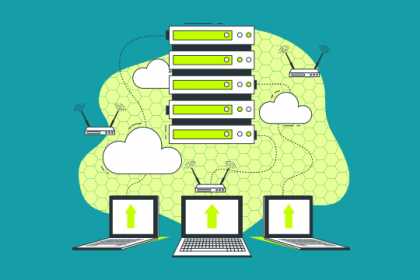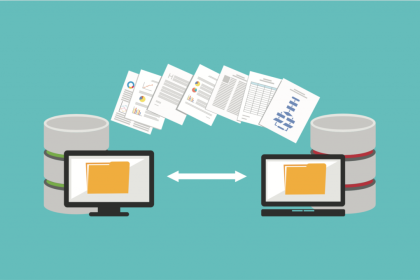The shift to hybrid work environments has transformed the way businesses operate, increasing reliance on technology to maintain productivity and collaboration. IT teams have had to adapt rapidly, redefining their roles to meet the challenges of this dynamic work landscape. This evolution highlights the importance of specialized services like IT support in Atlanta, which help organizations effectively manage their IT infrastructure in a changing world. Let’s explore how IT support roles have evolved to meet the demands of hybrid work environments, focusing on the growing emphasis on proactive strategies and the need for managed IT services.
The Growing Complexity of IT Infrastructure
Hybrid work environments require seamless access to systems regardless of location, which has added layers of complexity to IT infrastructure.
IT professionals are no longer just troubleshooting hardware issues or managing user accounts; they are now responsible for setting up secure remote connections, deploying cloud-based solutions, and ensuring smooth communication across teams. This new complexity demands that IT support teams adopt a balanced approach involving reactive and proactive IT support to stay ahead of potential issues while resolving immediate concerns efficiently.
Reactive IT Support
Reactive IT support focuses on addressing problems as they arise. While this approach has traditionally been the backbone of IT services, it has become more challenging in hybrid workplaces. Teams must respond to diverse tech issues, ranging from software incompatibility to network disruptions. Quick resolution times are critical, as even minor technical glitches can disrupt work and diminish productivity.
Proactive IT Support
Proactive IT support, on the other hand, emphasizes prevention. By monitoring systems, identifying vulnerabilities, and implementing updates, IT teams can mitigate risks before they affect employees. This approach has become especially relevant as hybrid environments demand more robust security measures to protect sensitive company data in remote workflows. Organizations that combine these strategies are better equipped to handle the challenges of modern work dynamics.
The Role of Managed IT Services in Hybrid Work
Hybrid work has driven many organizations to outsource their IT needs to managed services providers. These specialists bring expertise, scalable solutions, and resources that in-house teams might lack.
Shifting to managed services not only lifts the burden of day-to-day IT operations but also provides access to technologies and strategies designed to optimize hybrid work environments. For businesses considering this shift, choosing managed IT services for effective IT support offers a practical solution. Managed service providers can address challenges like system integration, cybersecurity, and ongoing maintenance, freeing internal staff to focus on strategic initiatives.
Adapting Support for Remote and On-Site Employees
IT support roles have expanded to include tailored solutions for both remote and on-site employees. Tools like collaborative software, VPNs, and cloud storage must function seamlessly across different work settings. IT specialists now dedicate time to training employees, offering guidance on best practices for new tools, and ensuring remote workers can access the same resources as those on-premises.
The Impact of Automation on IT Support
Automation has become an essential component of IT support in hybrid workplaces. It enables teams to streamline workflows, respond faster to issues, and maintain system integrity with minimal downtime.
Automated solutions such as system monitoring, patch management, and ticketing systems have helped IT support professionals handle higher volumes of requests efficiently. While automation does not eliminate the need for skilled personnel, it shifts their focus toward more strategic and value-driven tasks, further emphasizing the importance of skilled human oversight.
Conclusion
The evolution of IT support roles in hybrid work environments is a testament to the changing demands of modern workplaces. As businesses continue to rely on advanced technologies, the need for professional services becomes increasingly clear. From balancing reactive and proactive IT support strategies to exploring the benefits of choosing managed IT services for effective IT support, organizations must prioritize solutions that enhance productivity, security, and collaboration across hybrid models. Skilled IT support teams remain at the core of this transformation, ensuring that both employees and systems are equipped to tackle the challenges of the future.





